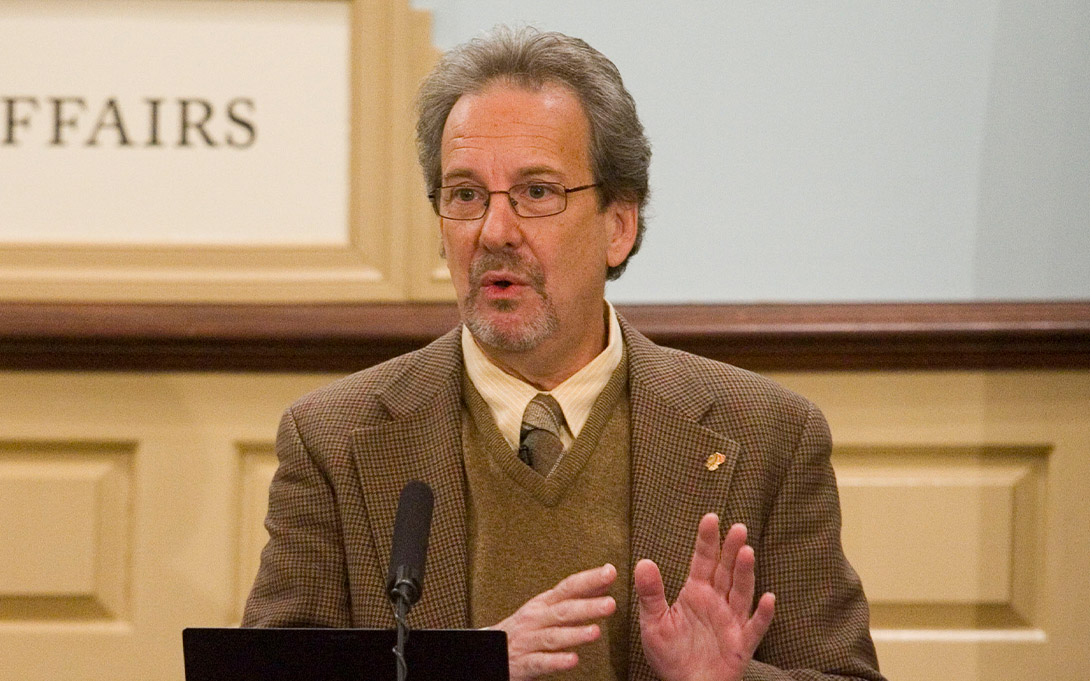
Scott Atran discusses “the human dynamics of what we analyze as ‘breeding grounds for terrorism’” in “Hopes and Dreams in a World of Fear,” the October 16 episode of On Being with Krista Tippett. Atran contends that the fight for the world lies in convincing today’s youth raised around extremist cultures that their potential is much greater than future martyrdom.
Throughout the interview, Atran delves into the predictors of radicalist behavior. While he dismisses religious training as a predictor, Atran emphasizes the significance of peer groups and the “crash of civilizations.” Although globalization has improved the quality of life in many areas across the globe, Atran notes that there are “traditional territorial cultures” unable to keep pace with the rest of the world. For the young people living in these cultures “flailing around looking for a sense of social identity,” Atran believes extremist causes serve as a receptacle of anguish during their transitional phase.
From Atran’s perspective, these youth are seeking a sense of importance in their lives, and radicalism provides a fairly easy method of attaining that importance. The challenge now is convincing these children, whose role models range from soccer players to President Barack Obama, that they can attain that sense of self-worth by following their dreams – not by succumbing to the circumstances surrounding them.
Scott Atran is director of research in anthropology at the Centre National de la Recherche Scientifique in Paris, a senior research fellow at Harris Manchester College in Oxford University, and Presidential Scholar at John Jay College of Criminal Justice in New York, and a professor of public policy (by courtesy) at the Gerald R. Ford School of Public Policy.
